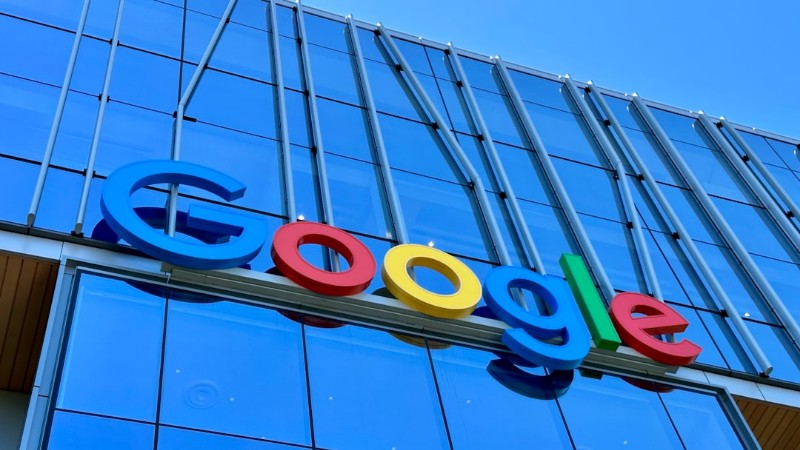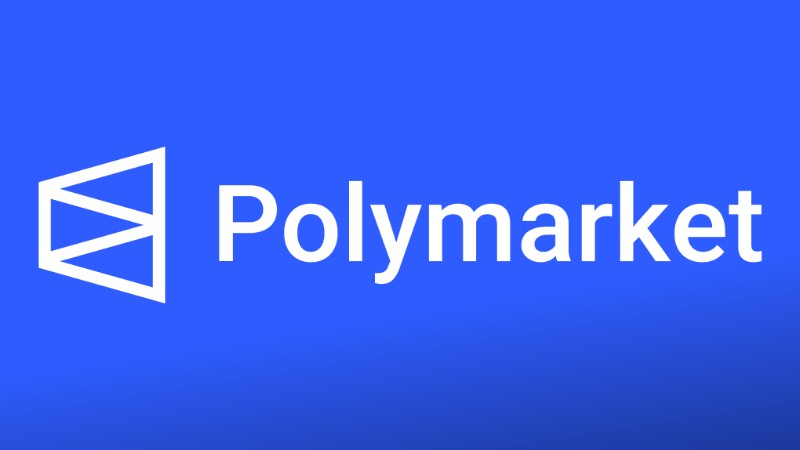
In a deliberate alignment with Missouri’s pending legalization of sports betting, Google has enacted a policy update permitting advertisements from certified, state-licensed sports betting operators, effective August 15, 2025.
The announcement coincided with the policy’s implementation, enabling immediate eligibility for qualified advertisers within the state and marking a pivotal shift in how Google Ads gambling policies are being applied across new markets.
Rigorous certainty in certification
Operators seeking to advertise must complete Google’s gambling certification process, which mandates valid state licensing and alignment with company standards.
Advertisers are required to submit comprehensive business information, such as company identity, Google Ads account, intended URLs, and gambling category including sports betting, daily fantasy sports, or horse racing, through a controlled application portal. Promoted domains must be owned directly, while free or third-party subdomains are prohibited.
Certification status carries ongoing obligations: operators must maintain licensing and promptly report any changes in regulatory standing or corporate structure. Google enforces these requirements with seriousness, classifying noncompliance, including running ads without certification, as an egregious violation subject to immediate enforcement action.
Advertisers must also target audiences aged 21 and older and include responsible gaming messaging within their campaigns. This framework establishes the groundwork for a more tightly regulated environment for Google Ads betting promotions.
Missouri’s betting market takes shape
Missouri’s regulated sports betting market is anticipated to begin operations in December 2025. Google’s policy change aligns with this trajectory, extending advertising capabilities to operators ready to engage the market immediately under the umbrella of Google Ads gambling compliance.
Among the first to gain advantage are Circa Sports and DraftKings, recipients of untethered mobile sports betting licenses that permit independent operation without affiliation with land-based venues. Meanwhile, FanDuel secured its position through a strategic partnership with St. Louis City SC, aligning with tethered entry guidelines.
Google’s calibrated policy expansion reflects the evolving landscape of legal gambling advertising, balancing growth with regulatory responsibility. By codifying certification demands, enforcing strict adherence, and synchronizing with Missouri’s market launch, the company underscores its readiness to integrate Google Ads betting into one of the nation’s fastest-emerging wagering markets.

